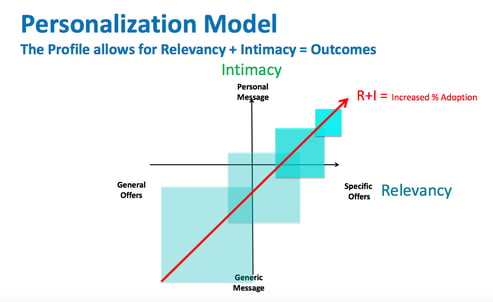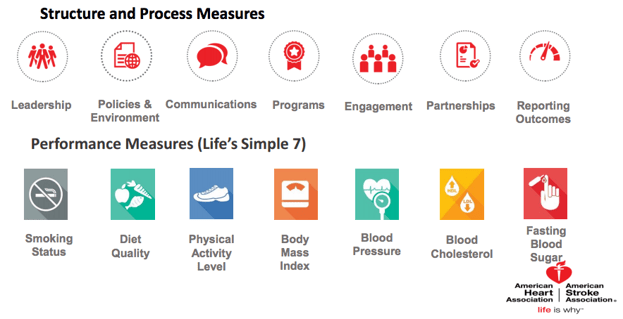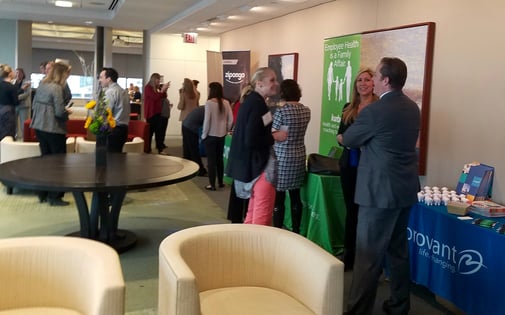Last week, on January 26th, 3 of our visionaries headed west for the Midwest Business Group on Health's (MBGH) Employer Forum on Wellness and Wellbeing. It’s a bit of a mouthful to say, but we we brought back some great insights and learned about valuable trends in the industry. If your job function pertains to employee wellness and health, you’ll want to know what we learned at the event, so we’re breaking it down for you below.
 (studs!)
(studs!)
Background - the 4 W's
When: Thursday, January 26th, 2017.
Where: Chicago (specifically, the 37th floor of a skyscraper on N. Wacker Drive - view wasn’t terrible).
What: A range of topics were covered, but all aligned with the core theme of the event: Implementing Sustainable Behavior Change, Healthy Cultures & Effective Communications.
Who: Well, a couple groups of “whos” were present:
-
Attendees: About 80 people were there, including exhibitors (like us) and non-exhibitors from a range of companies like the American Heart Association, Exelon Corporation, John Deere, Kohl’s, Northwestern University, United Airlines and many more.
-
Speakers: We heard from the Director of Member Engagement at Premera Blue Cross, the CEO of Kurbo Health, a Well-Being specialist at JLL and several other thought leaders.
Key Event Takeaways:
There was a lot to take in (in a good way), but we boiled it down to 13 things you should know about the present and the future of employee health and wellness.
-
Only 1/3 of Americans are regular participants in health programs.
-
According to employees, 51% of companies prioritize wellness.
-
The more that senior managers are involved in and committed to wellness, the greater the chance of employees living healthy lifestyles (AKA you have to practice what you preach).
-
Over 50% of employers plan to implement dynamic well-being programs to appeal to different segements of their population (people are realizing that wellness is not one-size-fits-all).
-
More and more companies are incorporating digital tools into their strategy so that employees can access programs online and/or on their phones.
-
Companies are recognizing the importance of sleep as it relates to health, productivity, and happiness and are putting programs in place to help employees better their sleep habits.

-
Mindfulness (i.e. taking intentional breaks and making conscious attempts at face-to-face interaction) is on tap for a future wellness priority.
-
Focus will shift from ROI to VOI (Value on Investment, such as employee happiness and engagement).
-
Preventive healthcare will continue to be a critical issue to help reduce costs.
-
Neal Sofian introduced the Personalization Model for health and wellness, which states that positive outcomes are a result of higher relevancy combined with higher intimacy for an individual.

-
Tim Church from ACAP Health explained why employer-based weight loss programs won’t be effective unless they incorporate a strong behavioral change strategy.
-
Sarah Bassler Millar from Drinker Biddle & Reath, LLP talked about legal and regulatory considerations, particularly with regards to the new Trump administration.
-
Amanda Kelley from the American Heart Association explained “Life’s Simple 7” as a 7-component index for workplace health achievement:

-
Smoking Status
-
Physical Activity
-
Healthy Diet
-
Healthy Weight
-
Blood Glucose
-
Total Cholesterol
-
Blood Pressure
-
See, don't you almost feel like you were there yourself? Glad we could help. Keep reading for more event recaps and our thoughts on the employee wellness and health sphere.
In the meantime, you might be interested to read our eBook based on an interview with a Healthcare Innovation Leader from Willis Towers Watson where we outline the past, present and future in corporate healthcare.




